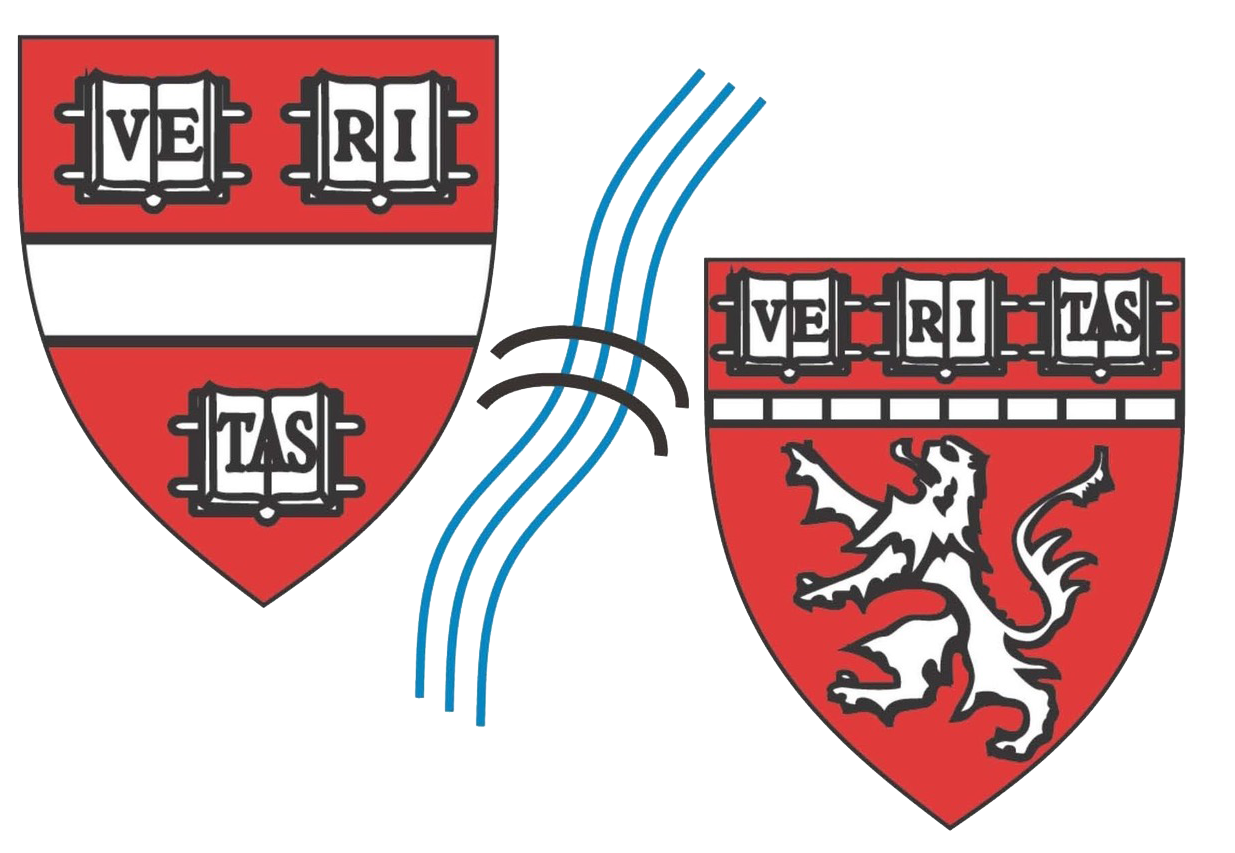Michael Baym, Ph.D. (He/ Him/ His)
Member of the Laboratory of Systems Pharmacology

Our lab studies microbial evolution, primarily of antibiotic resistance, with a goal of developing practical interventions to reduce or reverse resistance.
This will require advances both in technology and in the basic science of resistance evolution. Our initial focus is be the development of the algorithmic and evolutionary tools required to go from the soon-to-emerge point-of-care sequencing technologies to effective clinical decision support and treatment strategies to combat the spread of resistance. This requires not only developing bioinformatic tools, but experimental probing of the process of resistance evolution.
Before joining the faculty at HMS, I worked primarily on experimental evolution of antibiotic resistance. Most notably, I built a giant petri dish (we called it the “MEGA-plate”) across which the evolution of resistance could be observed by eye. I previously introduced Compressive Genomics, a framework for computation directly on compressed datasets that is not only faster than existing techniques, but becomes comparatively even faster with more data. In addition to this work I have made advances in algorithmically-guided approaches to synthetic biology, including the development of techniques for the rapid construction of microbial whole-genome knockout libraries and the reconstruction of synthetic DNA nanostructures using sequencing technology.
With a combination of experimental evolution, algorithm development, and big-data analysis, we endeavor to enable a future in which we “play one move ahead” of antibiotic resistance by manipulating evolution to induce antibiotic sensitivity. What has become clear is that there will be no general cure or treatment for antibiotic resistance. Rather, treatment needs to be tailored on a case-by-case or even genotype-by-genotype basis. Enabling this will require thorough study of the genomics of existing infections and, critically, a deeper understanding of the evolutionary dynamics by which evolution spreads and worsens.
Our research crosses a broad spectrum of areas, centered around microbial evolutionary genomics and antibiotic resistance. Our projects are curiosity-driven and range from fundamental evolutionary questions, to genetic arms races, to algorithmic and technology development. We work at the intersection of experiment, computation, theory, and engineering, focusing on how best to answer the scientific question and bringing to bear whatever tools necessary, even if it means building new ones.
Selected Publications:
D.T. Riglar, T.W. Giessen, M. Baym, S.J. Kerns, M.J. Niederhuber, R.T. Bronson, J.W. Kotula, G.K. Gerber, J.C. Way, P.A. Silver, Synthetic biological circuits that demonstrate long-term genetic and functional stability in the mammalian gut , Nature Biotechnology, AOP (2017)
C. Myhrvold, M. Baym, N. Hanikel, L.L. Ong, J.S. Gootenberg, P. Yin, Barcode Extension for Analysis and Reconstruction of Structures, Nature Communications, 8, 14698 (2017)
M. Baym*, L. Shaket, I.A. Anzai, O. Adesina, B. Barstow*, Rapid Construction of a Whole-genome Transposon Insertion Collection for Shewanella oneidensis by Knockout Sudoku, Nature Communications, 7, 13270 (2016)
L.K. Stone, M. Baym, T.D. Lieberman, R. Chait, J. Clardy, R. Kishony, Compounds that select against the tetracycline resistance efflux pump, Nature Chemical Biology, 12, 902–904 (2016)
M. Baym*, L.K. Stone*, R. Kishony, Multidrug evolutionary strategies to reverse antibiotic resistance, Science, 351, 6268 (2016), review
Contact Information
Countway 303
10 Shattuck Street
Boston, MA 02115
